If you are all prepped to make dinner and realize you don’t have a bay leaf, don’t worry. Bay leaf can be substituted in various recipes. To find the best bay leaf substitutes, you should first understand what a bay leaf is.
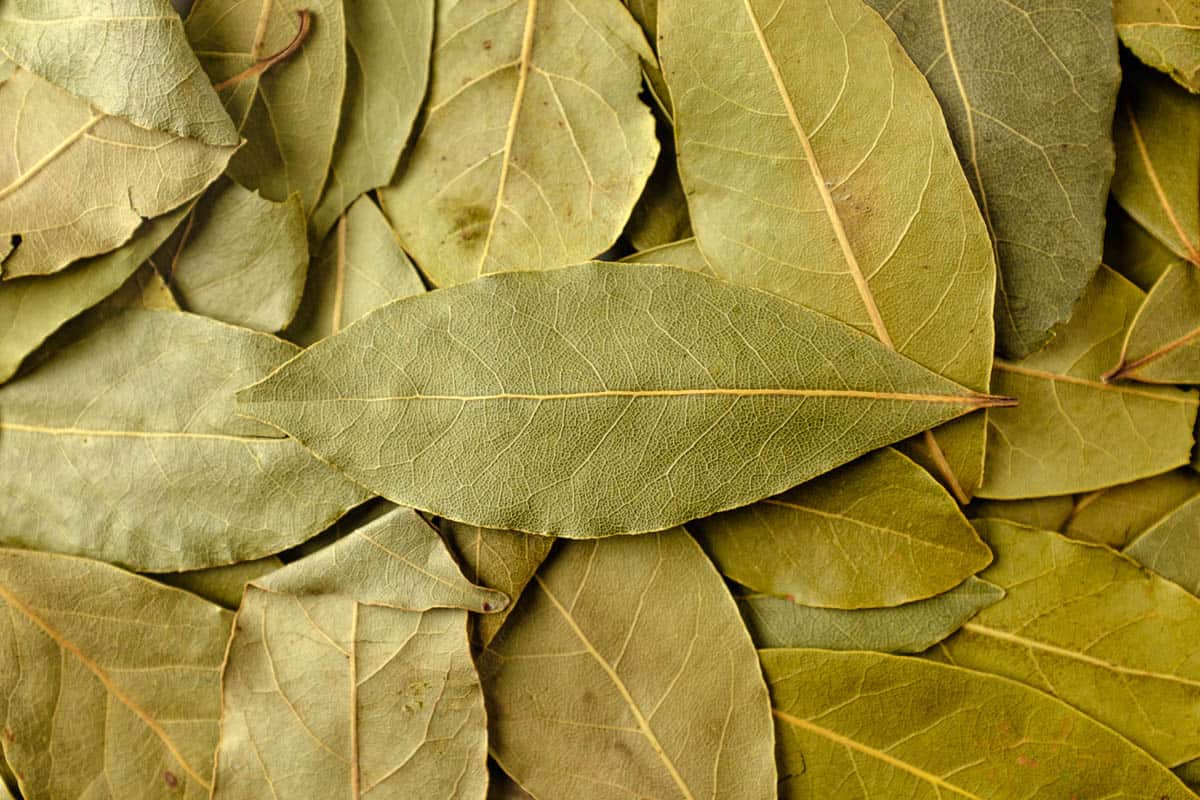
Jump to:
What Is a Bay Leaf?
A bay leaf is an aromatic herb used in cooking, especially in the Mediterranean region. It comes from the bay laurel tree, an evergreen tree that grows in warm climates. The bay tree produces a laurel leaf which is seen as a symbol of victory in Greek mythology. Bay leaves are occasionally referred to as laurel leaves.
Varieties
There are two main bay leaves used in the culinary world. Turkish bay leaves, which are also called Mediterranean bay leaves, and California bay leaves.
- A California bay leaf is usually very potent and has a slight minty taste. They are typically long and thin in shape.
- The Turkish bay leaf has a mild more earthy flavor. They are short and wide in shape.
A few less popular varieties of bay leaves include Indonesian bay leaves and Indian bay leaves. The less popular leaves are much different from traditional bay leaves. For example, unlike a traditional bay leaf, an Indian bay leaf is usually crushed and added to dishes or spice mixes.
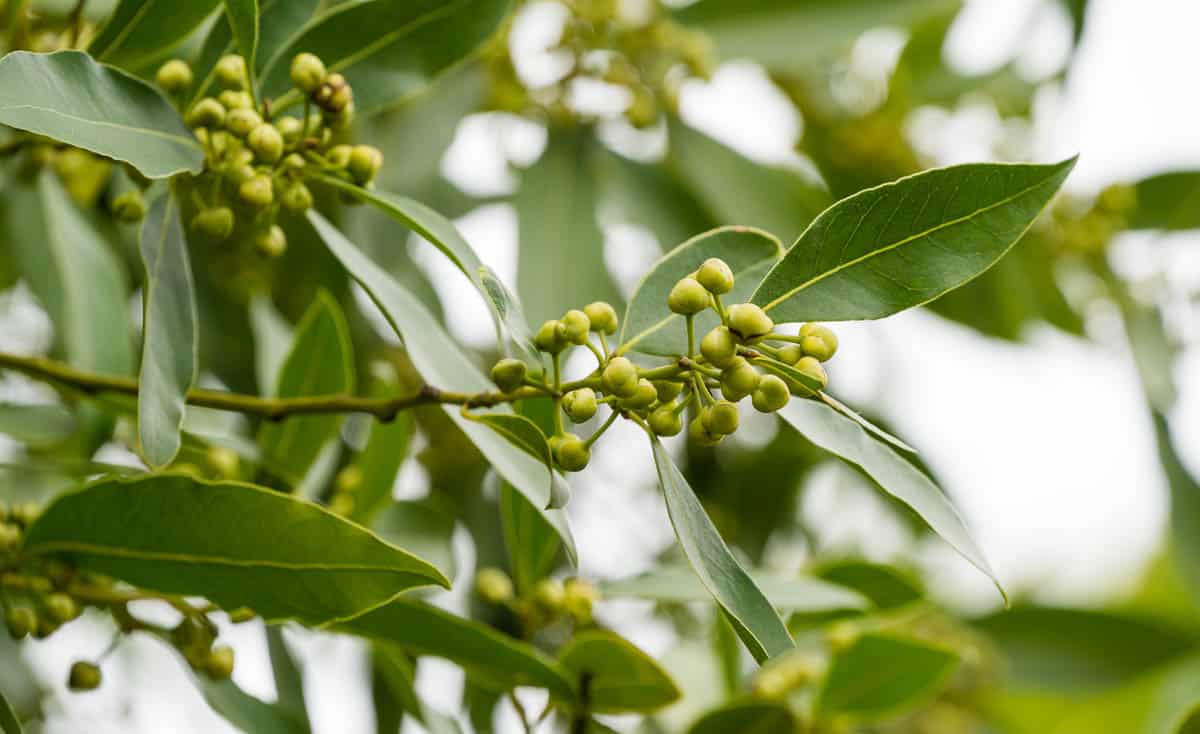
Uses
Bay leaves are used both fresh and dry. In the United States, most fresh bay leaves are California Bay Leaves. They will give your dish a strong aroma, unique flavor, and may add a bitter taste.
Dried bay leaf found in most grocery stores is usually Turkish. When it is infused in liquids such as water or broth, it gives a minty flavor with hints of pine and black pepper.
It is recommended that you remove your whole leaves after your cooking process. A cooked bay leaf will not break down and can be very hard a brittle. This can create a choking hazard for young children or unsuspecting guests.
You can also use ground bay leaf which doesn’t need to be removed before cooking.
Nutritional Value
Bay leaves do have some nutritional value. 100 grams of bay leaf includes the following macronutrients:
- 314 Calories
- 8.4 grams of total fat
- 75 grams of carbs
- 26.3 grams of fiber
- 7.6 grams of protein
They are also a source of Iron, Vitamin A, Vitamin B-16, Vitamin C, Calcium, Magnesium, and Potassium.
Bay leaves have also been shown to improve the function of insulin which is important for those who suffer from Type 2 Diabetes and other diseases.
For any reason you need a suitable replacement for bay leaves, you are in luck. There are many great substitute options for bay leaves.
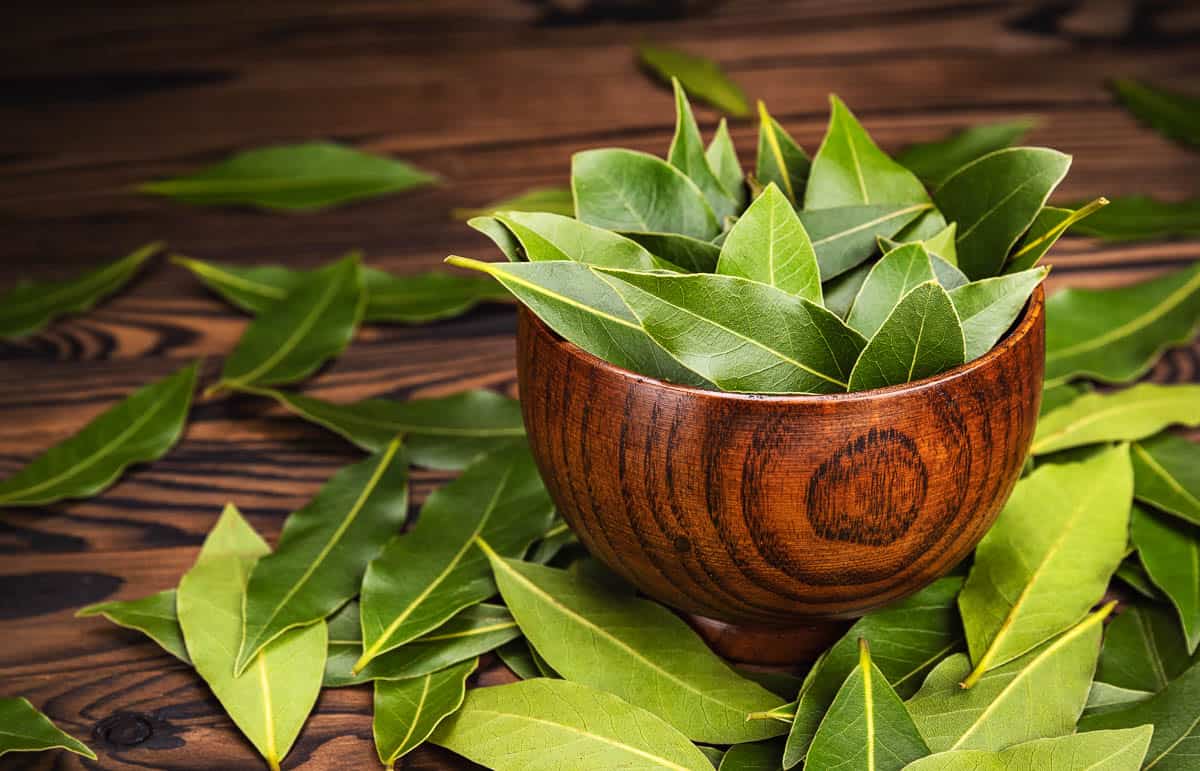
The Best Bay Leaf Substitutes
If you are ready to get your creative chef's hat on, these options are a great pick for your bay leaf substitute.
Juniper Berries
These are known as one of the best substitutes for bay leaves. They come from the Juniper Tree and have a similar peppery flavor to bay leaf with added hints of pine.
Juniper berries have some great health benefits. They have been used to treat gastrointestinal issues and autoimmune disorders. However, they are not recommended for use by pregnant women or young children.
To use this option as a replacement, substitute a single bay leaf with ¼ teaspoon of Juniper berries. Try Juniper berries as a substitute in soups, meat dishes, or to add unique flavor to desserts.

Thyme
Thyme is a solid alternative even though it looks very different from bay leaves. This common herb has a minty flavor similar to fresh leaves. It is a kitchen cabinet staple and makes an easy swap.
Both fresh thyme and dried thyme can be used as a replacement. The subtle flavor is a great alternative for recipes that include beef or lamb.
To use thyme as a replacement, substitute dried leaves for dried thyme at a 1:1 ratio.
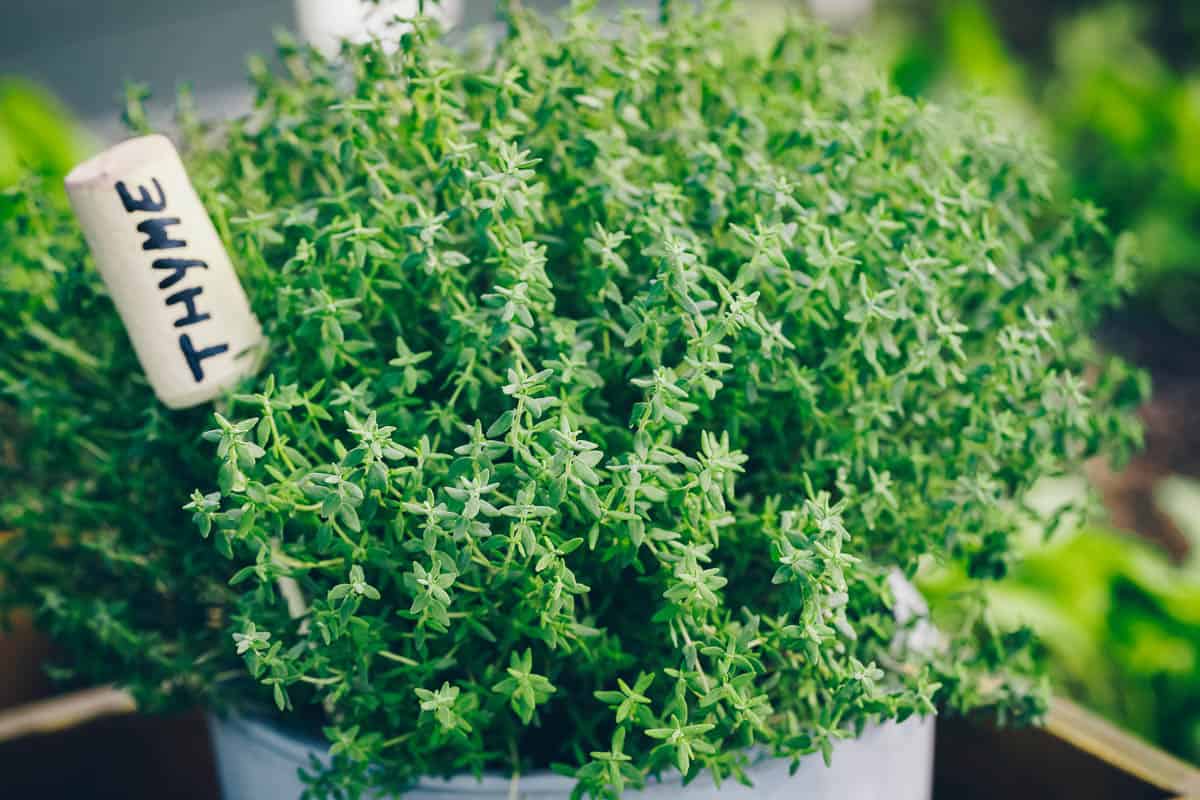
Basil
This common herb is one of the best substitutes for bay leaves. Basil leaf is also a member of the mint family.
However, keep in mind that you should only use dried basil as a replacement. Fresh basil still maintains a licorice-like flavor and isn’t great in place of bay leaves.
Use dried basil as a substitute in Italian dishes such as pasta sauces. You can replace dried basil for bay leaf at a 1:1 ratio.
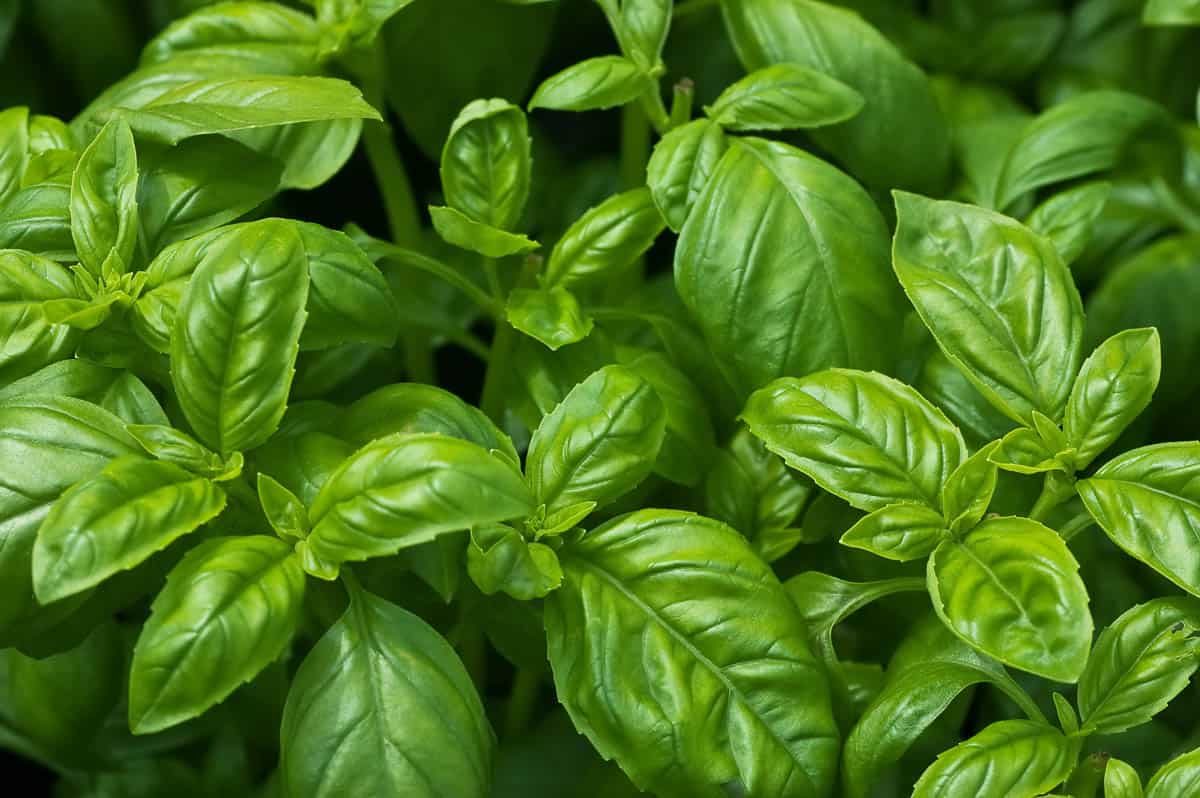
Oregano
Oregano also serves well as a bay leaf replacement. It has been used in the culinary world since ancient times. Oregano is a common herb and easy to find in grocery stores.
Oregano has a bitter flavor and earthy taste similar to a bay leaf. Its strong flavor makes it a good substitute for meat dishes. Fresh oregano or dried oregano may be used as a replacement.
To substitute, replace ¼ teaspoon oregano for 1 bay leaf.
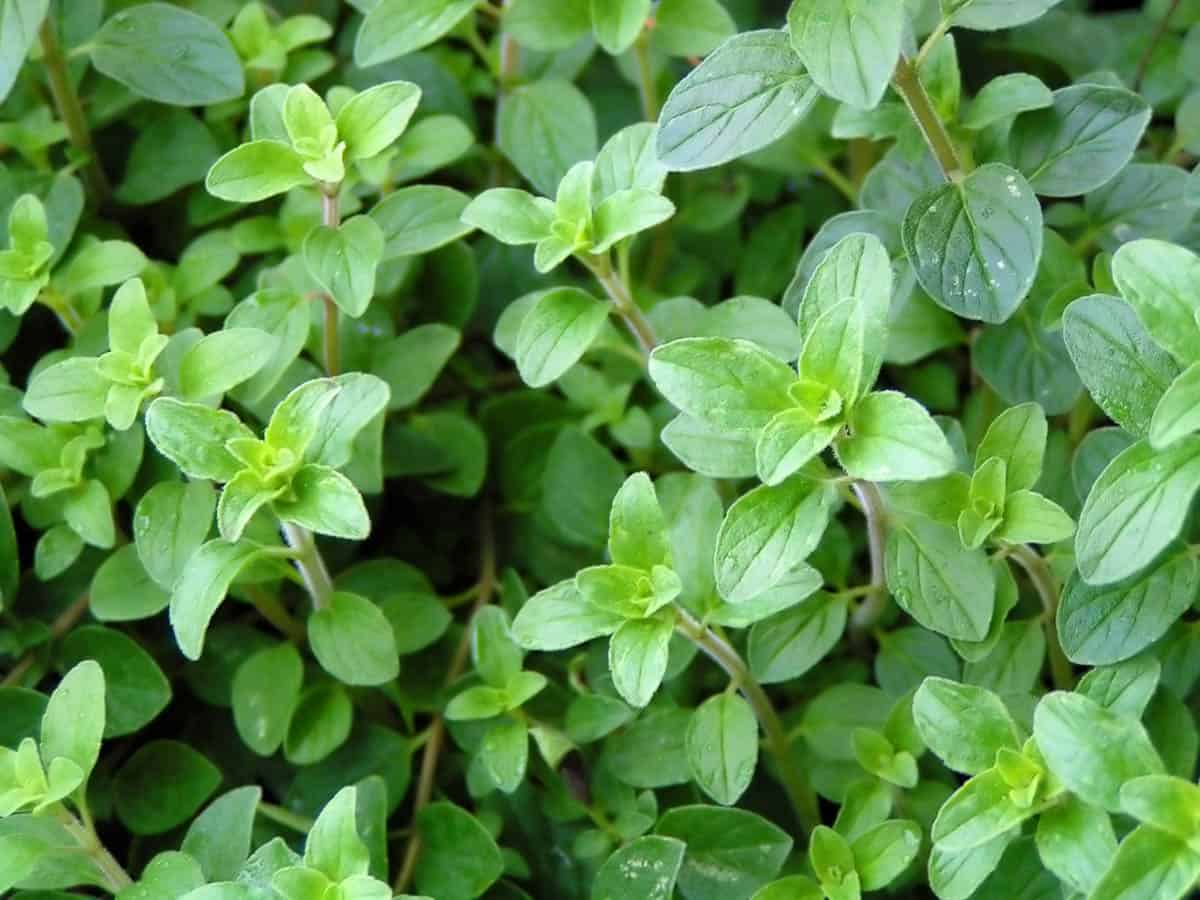
Boldo Leaves
Boldo leaves are highly aromatic leaves found in South America. They come from the Boldo plant which is part of the Monimiaceae family and is often used in Chilean cooking.
Boldo leaves are one of the best alternatives to bay leaves as they have a similar flavor profile. They offer a bitter and quite pungent taste but are a bit softer than a fresh bay leaf.
A boldo leaf would be a good substitute to flavor soups and in some Italian cuisine recipes. To replace the flavor of bay leaves, use only half the amount of the boldo leaf as their robust flavor can be overpowering. Feel free to add more as needed which may be necessary for heavy soups or sauces.
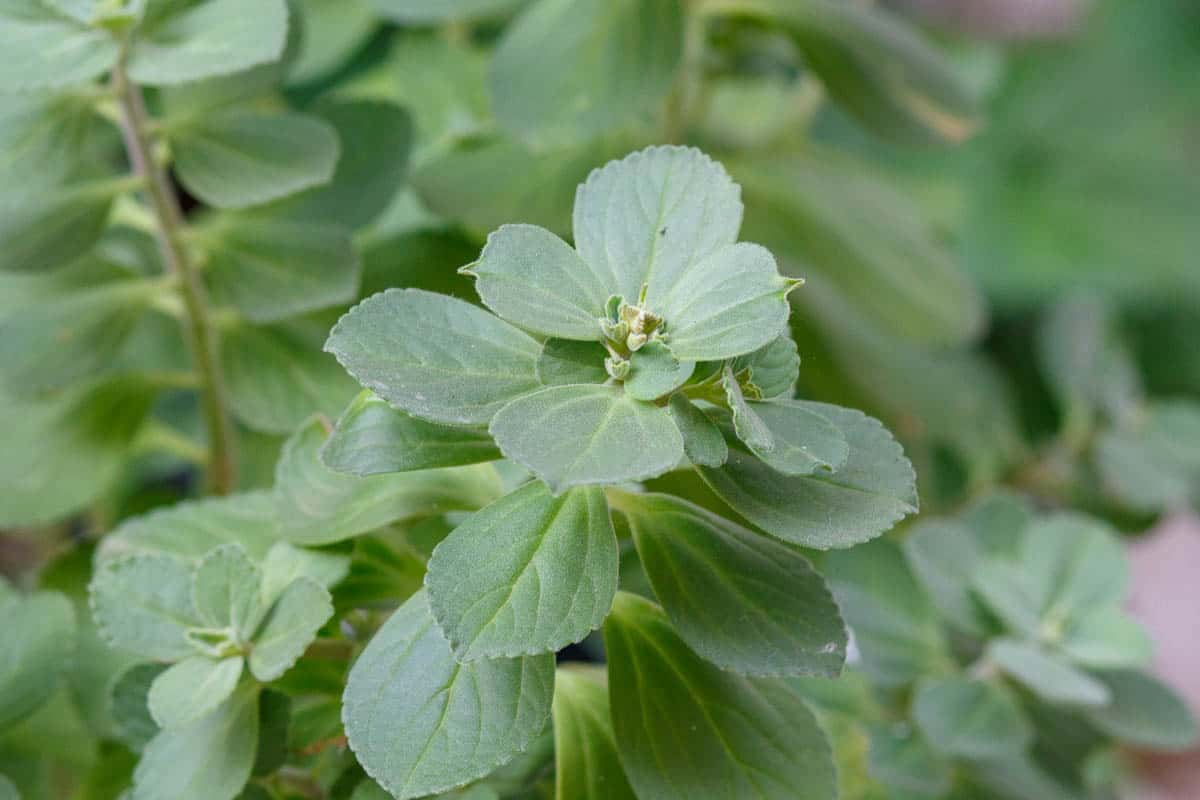
Mexican Oregano
Mexican Oregano is another good bay leaf substitute. But, it is a bit different than regular oregano. Regular oregano is a member of the mint family and will give minty undertones. On the other hand, Mexican oregano tastes much more like citrus.
This option works well as a substitute for whole bay leaves in dishes with a Mexican flavor. It can also be used in recipes where bay leaf is used in only a small amount such as chili.
To use Mexican Oregano as a substitute use ¼ teaspoon for 1 bay leaf.
Rosemary
While Rosemary doesn’t have much of a bay leaf flavor, it is one of the most popular herbs. This option is one you most likely have in your kitchen cabinet.
Rosemary is also one of the fresh herbs that can also be used dried. It is often used as a main ingredient in herb blends.
Use Rosemary as a substitute for a bay leaf to season meat at a 1:1 ratio.
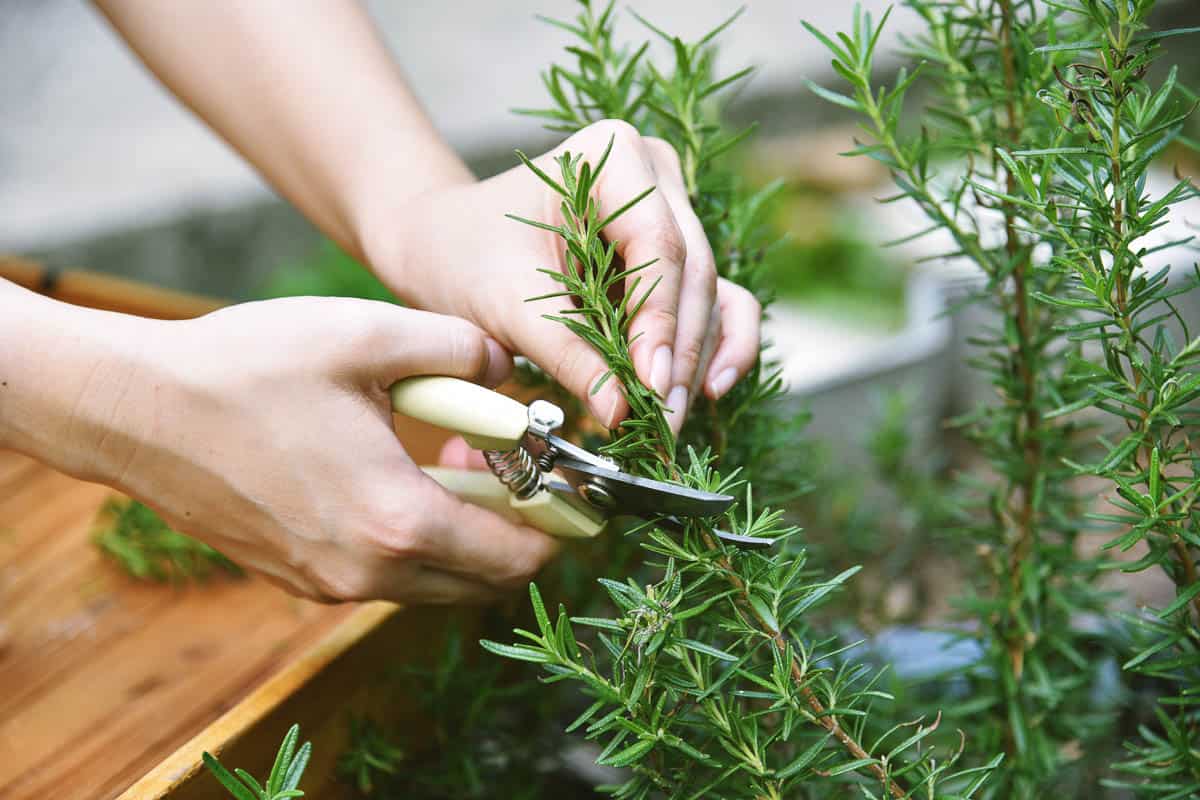
Bay Leaf Tea Substitute
The bay tree has also been used to make bay leaf tea. Bay leaf tea can help an upset stomach, help with sinus issues, and aid in weight loss.
If you need a substitute for bay leaf when making tea, look no further.
Yerba Mate
Yerba mate is a good substitute for bay leaf when making tea. It comes from the Holly tree and is found in South America.
Yerba mate tea can also help with your upset stomach and has a few other benefits such as weight loss. While yerba mate isn’t overly popular, it can be found online or in some Target stores.
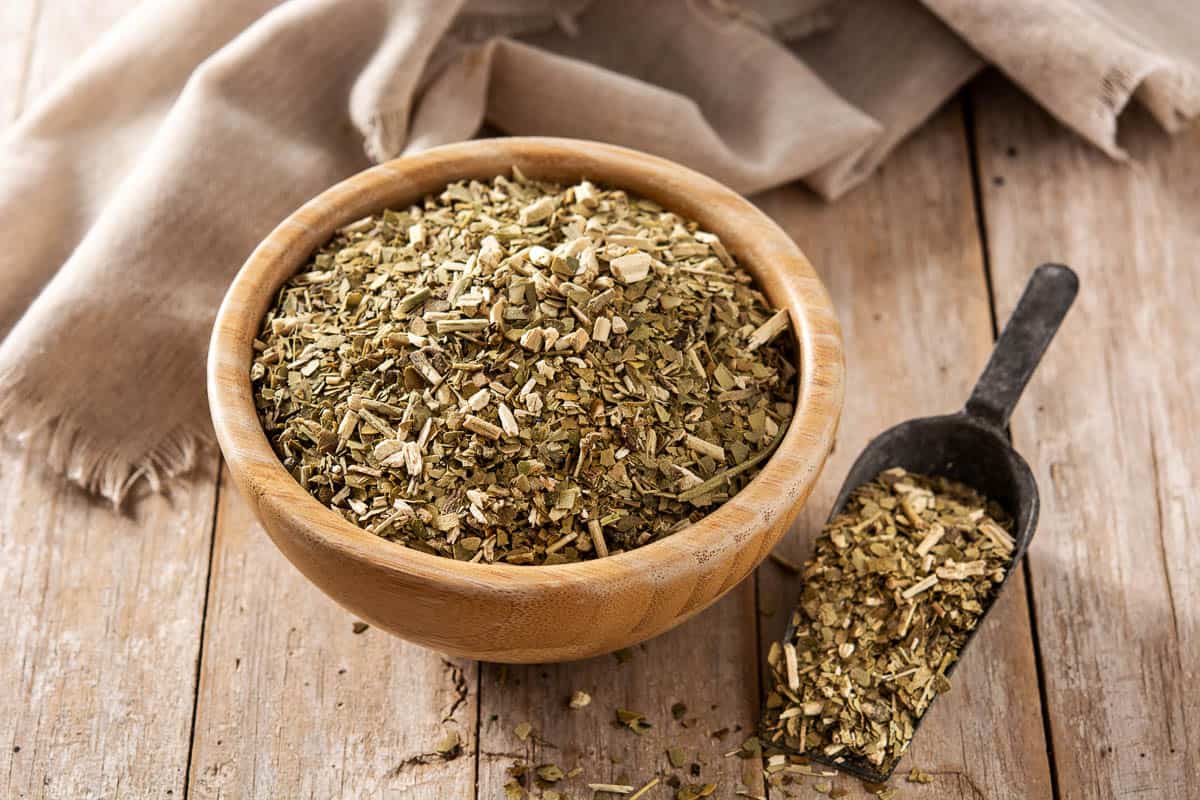
Summary
Bay leaf is a very popular Mediterranean herb. It is used as a key ingredient in many dishes as it gives a very specific flavor. But, many dislike using a bay leaf as it is recommended to remove the whole bay leaf prior to eating. If you are out of bay leaf or just don’t like to use it, there are some great alternatives.
- If you are making a meat dish, the best substitute options are thyme and/or rosemary. These herbs give plenty of great flavors so you won’t miss bay leaf.
- When making an Italian dish or sauce, use dried basil as a replacement. This substitute option will have a similar minty taste but won’t be too overpowering.
- For your favorite Mexican dishes, use Mexican Oregano as a bay leaf alternative. The citrus notes of Mexican Oregano will give you a new twist on an old favorite.
- Use Yerba mate when searching for a great tea substitute. Although bay leaf tea isn’t super popular - it is one of the old-school hacks for curing some ailments.
Bay leaf is a great herb that has a unique flavor. But, it isn’t irreplaceable.
While it can be stressful to run out of or dislike a key ingredient, don’t let it stop you from cooking a recipe. One of the best parts of cooking is learning to substitute ingredients and introduce new flavors. Sometimes a simple substitution can lead to a whole new recipe that becomes a family favorite. Try out any of these great bay leaf substitutes in your next home-cooked meal.
Do you have any other tried and true substitution recommendations? Please let me know in the comments!


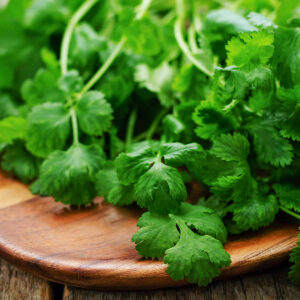
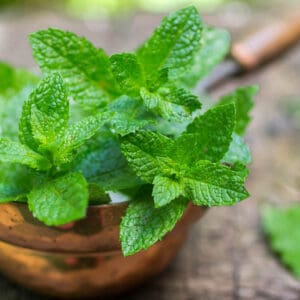
Leave a Reply